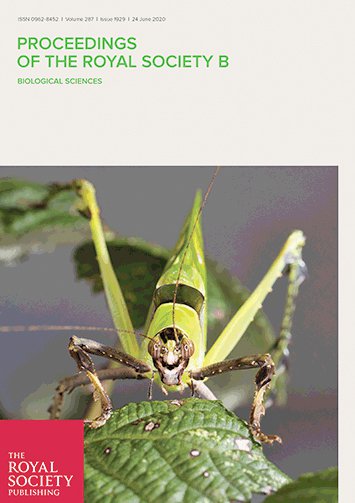
The results of a study by biologists from the College of Arts and Sciences, which examined reproductive traits of the fruit fly, have been published in the scholarly journal, “Proceedings of the Royal Society B: Biological Sciences.” Their article, “Quantitative proteomics reveals rapid divergence in the postmating response of female reproductive tracts among sibling species,” appeared in the June 24, 2020 issue.
The research team, which included postdoctoral researcher Erin L. McCullough, graduate student Caitlin E. McDonough, Professor Scott Pitnick and Associate Professor Steve Dorus, is part of the Center for Reproductive Evolution. The group examined the molecular environment of the female reproductive tract in three closely related fruit fly species following mating. Using proteomics, which is the study of protein composition in complex biological samples, they compared the abundance of proteins in the female reproductive tract before and after mating and found that each species responded very differently to mating. In two species, there were large changes in protein abundance after mating, but in the third species, there were essentially no changes in protein abundance after mating.
Since successful reproduction depends on highly coordinated interactions between male and female proteins, the team concluded that differences in the molecular environment from one species to another may reduce hybridization, or interbreeding between different species, and help maintain species boundaries. This study expands the understanding of the evolution of reproductive traits and the origins of biodiversity.
